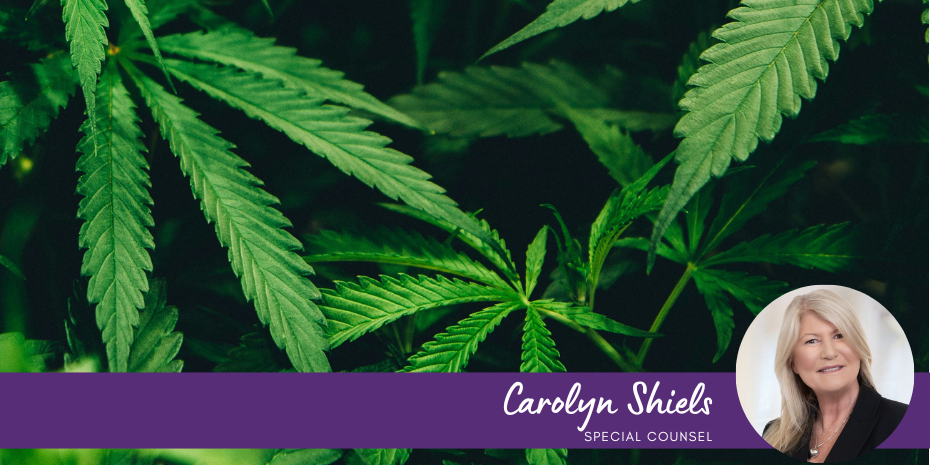KEY TAKE-OUTS:
- On 20 October 2021, the NSW Attorney-General and Minister for the Prevention of Domestic and Sexual Violence, Mark Speakman introduced the Crimes Legislation Amendment (Sexual Consent Reforms) Bill 2021 to parliament.
- The bill provides that those wanting to participate in sexual activity will need to ensure active steps have been taken to establish consent before engaging in the act.
- It also emphasises that the absence of physical or verbal resistance does not mean consent is given, which aims to support victims who suffer a ‘freeze’ response at the moment.
- The Bill is introduced ahead of a parliamentary debate scheduled for November.
On 20 October 2021, the NSW Attorney-General and Minister for the Prevention of Domestic and Sexual Violence, Mark Speakman introduced the Crimes Legislation Amendment (Sexual Consent Reforms) Bill 2021 to parliament. The Bill has now passed the lower house and is set to debate in the upper house this week, where it is expected to garner enough support to pass.
The Bill contains an affirmative consent model, which specifies that “consent to a sexual activity must not be presumed” and that “consensual sexual activity involves ongoing and mutual communication, decision-making and free and voluntary agreement between the persons participating in the sexual activity”, Rape and Domestic Violence Services Australia chief executive officer Hayley Foster says.
The Bill states that “a person consents to a sexual activity if, at the time of the sexual activity, the person freely and voluntarily agree to the sexual activity”, but this consent can be either verbally or physically withdrawn at any time.
The long-awaited Bill, introduced to NSW Parliament ahead of a parliamentary debate scheduled for November, contains affirmative sexual consent reforms, and is said to place NSW “on the path to leading the nation when it comes to sexual consent laws.”
The Aim of the Reform
The new Crimes Legislation Amendment (Sexual Consent Reforms) Bill 2021 aims to provide further protection for survivor-victims in that it aims to:
- Clarify consent provisions in the Crimes Act 1900, including that consent is a free and voluntary agreement that should not be presumed, and that consent involves ongoing and mutual communication;
- Strengthen laws to provide that if someone consents to one sexual act, it doesn’t mean they’ve consented to other sexual acts;
- Ensure fairer and more effective prosecutions of sexual offences;
- Address misconceptions about consent in trial proceedings;
- Improve victim experience of the justice system and juror understanding of the complexities of sexual offending and reporting through the introduction of new jury directions.
It will also update the language of provisions of the Crimes Act 1900 relating to sexual offences and allow judges to make directions to juries about consent in trials relating to certain sexual offences under the Act. This comes after the NSW Law Reform Commission recommended last November to ‘strengthen’ and ‘simplify’ consent law.
As part of the amendments made to the Crimes Act, references to an “offender” will now be replaced with “accused person”, while a “victim” will be changed to a “complainant”.
The Effect of the Reform
The reform requires any person wishing to engage in sexual activity to obtain concrete consent, and further provides that “an accused person’s belief in consent will not be reasonable in the circumstances unless they did or said something to ascertain consent”. In other words, the person wanting to engage in the sexual activity is required to actively seek consent. Furthermore, the consensual sexual activity must involve “ongoing and mutual communication, decision-making and free and voluntary agreement between the persons participating in the sexual activity”.
Although only recently announced and yet to undergo debate, there is a huge relief across the community as “so many have campaigned so hard for the introduction of affirmative consent laws in this state”, State Member for Newtown Jenny Leong has stated. Ms Leong credited the proposed legislation to “some incredibly strong survivor-advocates, feminists, experts and activists who have never given up” and arguably speaks for most when stating the reform “was a long time coming and is a significant step in eliminating sexual assault so that we can all participate in society equally without fear.”
Alarming Statistics of Recent Months
In the 24 months up to June 2021, NSW recorded a 21 per cent uptick in sexual assault offences. This growth has largely been credited to the public discussion around rape and sexual assault, which has empowered many survivors to come forward and report incidents to the authorities.
Sexual assault was the state’s only major offence that saw an increase in the past 24 months and has been the consistent trend of growth throughout the past five years. The City of Sydney LGA recorded 305 cases of sexual assault from July 2020 to June 2021 and has seen a 6.5 per cent increase in cases over the past five years.
Rape and Domestic Violence Services Australia chief executive officer, Hayley Foster says that an affirmative model of consent in NSW will assist with increasing the percentage of sexual assaults which result in a conviction, as currently, only 1.5% of sexual assault charges result in a conviction. Ms Foster says there should be “resounding support from all members of parliament for this bill to ensure our sexual consent laws are equipped for the task of delivering just outcomes” and that it is time for national consistency in addressing this issue.
A research project has also been established to better understand the experiences of complainants of sexual offences within the criminal justice system.
For further information please don’t hesitate to contact:
info@couttslegal.com.au
1300 268 887
Contact Coutts today.
This blog is merely general and non-specific information on the subject matter and is not and should not be considered or relied on as legal advice. Coutts is not responsible for any cost, expense, loss or liability whatsoever to this blog, including all or any reliance on this blog or use or application of this blog by you.



